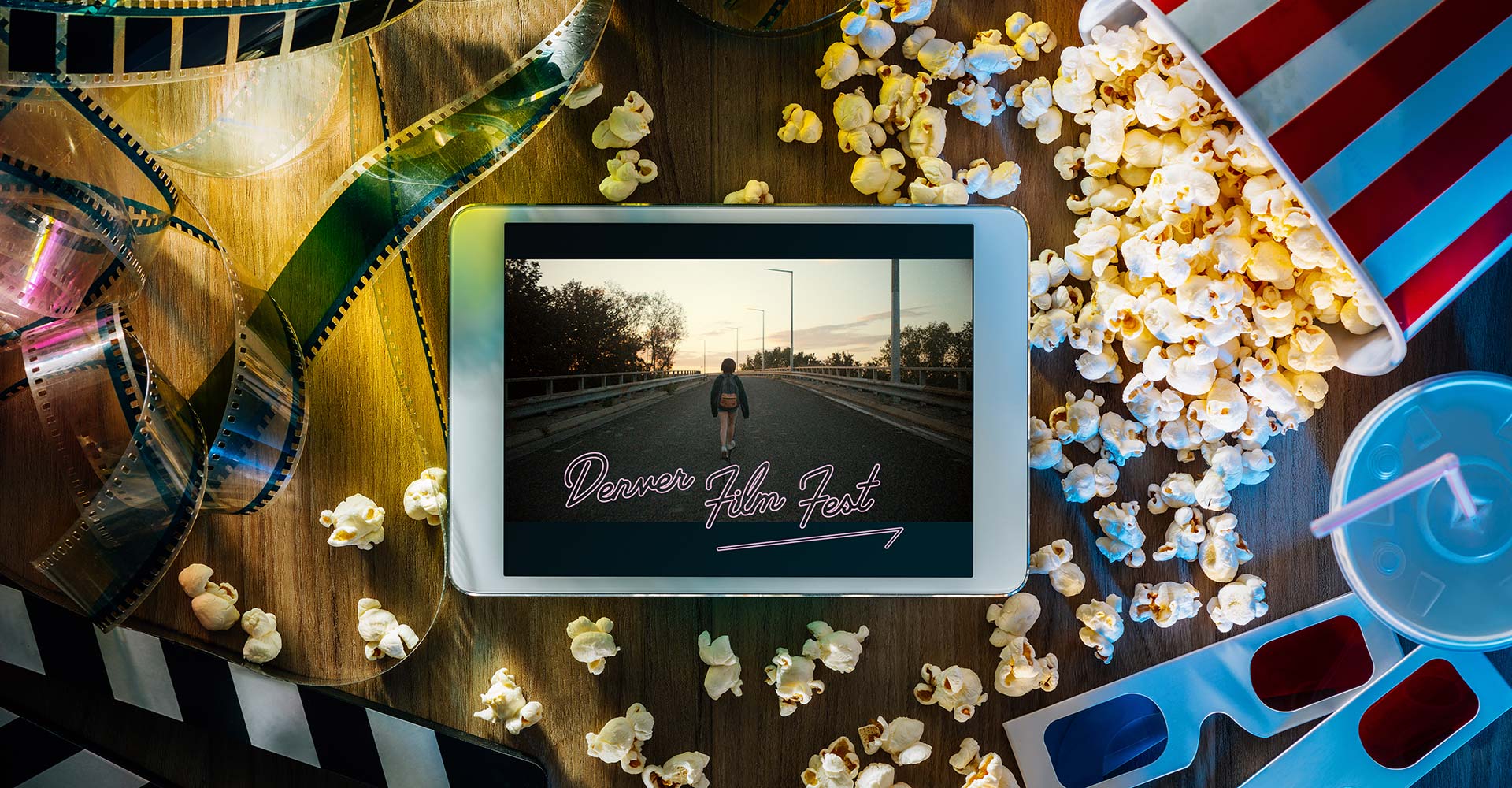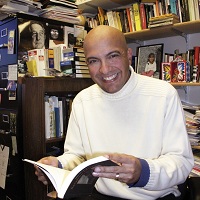Denver Film Festival goes virtual, aims to grow audience
With the pandemic shuttering theatres, film festivals expand their appeal by shifting cinema from the art house to your house. PLUS: 4 top picks for flicks

The Denver Film Festival is the latest Colorado cultural event going virtual in response to the COVID-19 pandemic.
While the fun and fellowship of catching the hottest new flicks in theatres will be sorely missed, organizers and film buffs are optimistic that the virtual platform will showcase and increase access to the best in cinema.
The 43rd annual festival runs Oct. 22 through Nov. 8 and is streaming online through its webpage or via the Roku and AppleTV apps for Colorado viewers only. Virtual attendees will have access to selected films, filmmaker conversations, behind-the-scenes footage and other surprises.
“Obviously, it’s going to be very different, but we’ve got the technology to bring everything to you right in your own home,” said Matt Campbell, artistic director with Denver Film. “We’re excited to help spread the word of good cinema.”
The choice to move online was a tough one, Campbell said, but festival organizers across the country started weighing their options early in the pandemic after stalwart South by Southwest was canceled last March. The gigantic music, movie and tech fest was in essence the “canary in the coal mine.”
The DFF’s pivot to digital could increase access to cinema for Coloradans, said Vincent Piturro, associate professor of English and cinema studies at Metropolitan State University of Denver. While some films are available virtually for the entire event, others stream only on specific days and times. For folks who can’t catch a Tuesday 1 p.m. screening, being able to log on and enjoy a new film at a convenient time has the potential to expand audiences and engagement.
“The only bad part is that you miss the fun of being there with a bunch of people to see it on the big screen, sticky theatre floors and all,” said Piturro, who hosts the 10-year-running Sci-Fi Film Series in conjunction with Denver Film and the Denver Museum of Natural Sciences. “Overall, though, I think there’s some great things that will emerge for filmmakers, viewers and the industry.”
The DFF is approaching the virtual environment as an opportunity to remove barriers and broaden the festival’s audience, Campbell said. Likewise, to attract new viewers, this year’s selection of more than 180 films and shorts is spotlighting films and documentaries on social justice and inclusivity.
“In a year that’s been so challenging for everyone, we’ve had plenty of lemons to make lemonade with – and there are a lot of amazing films out there,” he said.
The digitization of film festivals across the country marks a rapid evolution in a business where only a few years ago streaming giants Netflix and Amazon were seen as the new kids on the block, Piturro said. Now, those companies are poised to expand not only audiences but also representation in filmmaking.
“This year, those streaming services are now the best avenues for distribution,” he said. “They’re at these events, looking to pick up content. That puts pressure on the creators to get into the festivals; more than ever, it becomes your only chance of a film being picked up.”
Denver Film Festival picks
This is a heavy psychological thriller exploring dark issues of memory and identity, said Adam Graves, professor of philosophy at MSU Denver and director of the Denver Project for Humanistic Inquiry (D-phi). Graves and fellow philosopher Candace Shelby interviewed director Sandra Wollner on her filmmaking process, as well as the meaning behind a “Nature is the future” sweatshirt worn by the film’s protagonist, a young female android. The D-phi-sponsored bonus content plays immediately following the film’s conclusion when streamed; MSU Denver students, faculty and staff can get a limited number of tickets to this specific screening by emailing D-phi.
“Ema”
This is a psychological study of a woman who loses her family and embarks on a journey of self-discovery that is equal parts destructive and artistic, Piturro said. It’s by internationally acclaimed Chilean director Pablo Larrain.
“A fascinating documentary that charts the strange alliance of American Evangelicals and the state of Israel, including Kentucky pastors and an impoverished coal-mining community,” Piturro said.
“Patrick”
This film out of Belgium is a strange work, Piturro said. It follows Patrick, who lives with his parents on a naturist campsite. When his father dies, Patrick finds himself in charge of the campsite. But he has other things on his mind – he has lost his favorite hammer. “As his obsessive search for that hammer unfolds, this tragicomedy examines man’s peculiarities, letting go and being happy with who you are.”






